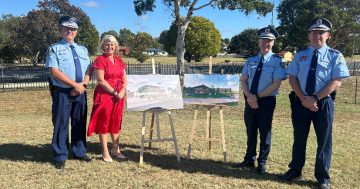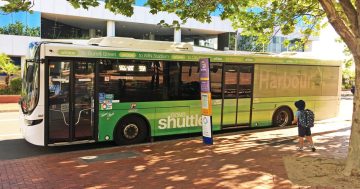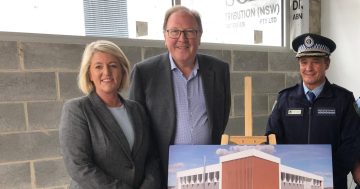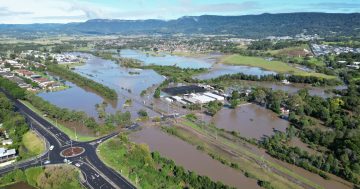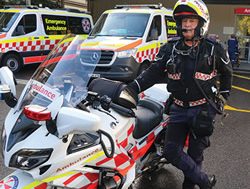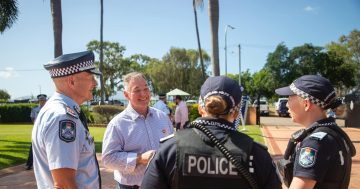 Victoria Police have launched a high-visibility road operation in response to the busy combination of eased restrictions, Melbourne Cup, regional travel and out-of-practice drivers, the combination of which they say could be a recipe for disaster.
Victoria Police have launched a high-visibility road operation in response to the busy combination of eased restrictions, Melbourne Cup, regional travel and out-of-practice drivers, the combination of which they say could be a recipe for disaster.
Assistant Commissioner of Road Policing, Glenn Weir said the first phase of Operation Compass, which kicked off Statewide today (29 October), would run until 11.59pm on Tuesday (2 November) and the second phase would run from 12.01am on 5 November to 11.59pm on 7 November.
“It’s no good surviving the pandemic if you end up dead or seriously injured in a car crash,” Assistant Commissioner Weir said.
“The coming fortnight is a perfect storm on our roads,” he said.
“Many of us haven’t driven long distances for months.
“Our skills have deteriorated and there’s going to be an enormous amount of traffic as people escape the City and head to regional Victoria.”
Assistant Commissioner Weir said police would be going “all out” to keep people safe, with the Operation to involve all available personnel across Victoria Police, including regional Highway Patrols; State Highway Patrol; Heavy Vehicle Unit; Road Policing Drug and Alcohol Section; and Public Order Response Team.
“You will see highway patrol cars, you will see drug and alcohol buses, you will see our motorbikes and you will see our frontline patrol units,” he said.
“Operation Compass will see police targeting speed, distraction, fatigue and impaired driving in high-risk areas.”
He said police would be highly visible on major arterials including the Princes Freeway, Calder Freeway, Hume Highway and Western Highway.
Assistant Commissioner Wier said an influx of travel to regional areas was anticipated and warned drivers that increased traffic volumes, combined with long hours behind the wheel and a deterioration in driving skills could be a recipe for disaster.
He urged motorists to slow down and take extra care as roads would be at their busiest in months.
“Please, help us make this time memorable for all the right reasons.”
“Road trauma is preventable, and we don’t want to see anybody else become an unnecessary statistic,” Assistant Commissioner Wier said.



